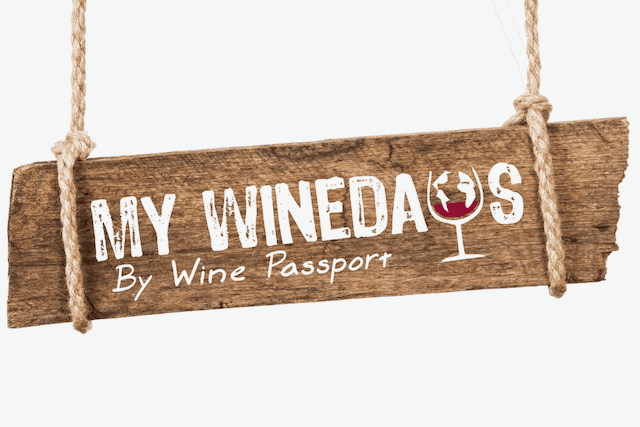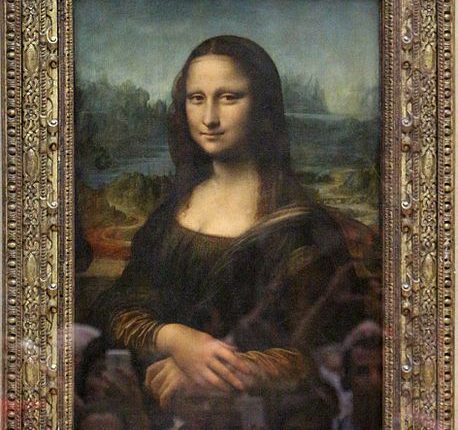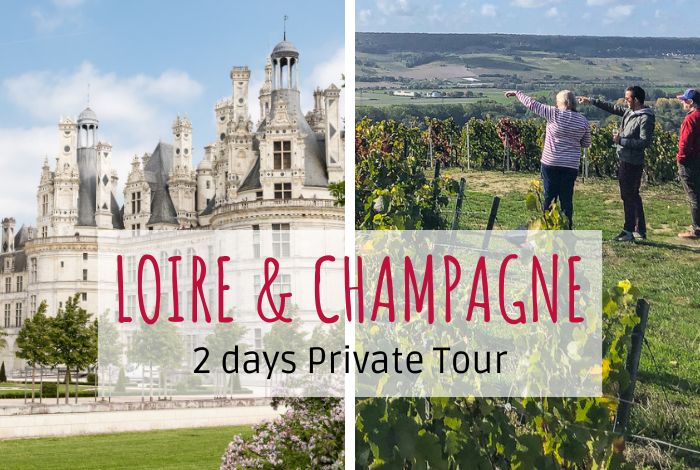- CHAMPAGNE
- LOIRE VALLEY
- PARIS
- Champagne & Food Tour in Paris Saint-Germain-des-prés
- Private Champagne & Food Tour in Paris Saint-Germain-des-prés
- Wine & Food Tour in Paris Le Marais North and South
- Private Wine & Food Tour in Paris Le Marais North and South
- Paris in Citroën 2CV Car and Wine Day-Trip to Champagne
- Tour de France of Wine Tasting
- SANCERRE
- CHABLIS
- Beyond
- About us
















